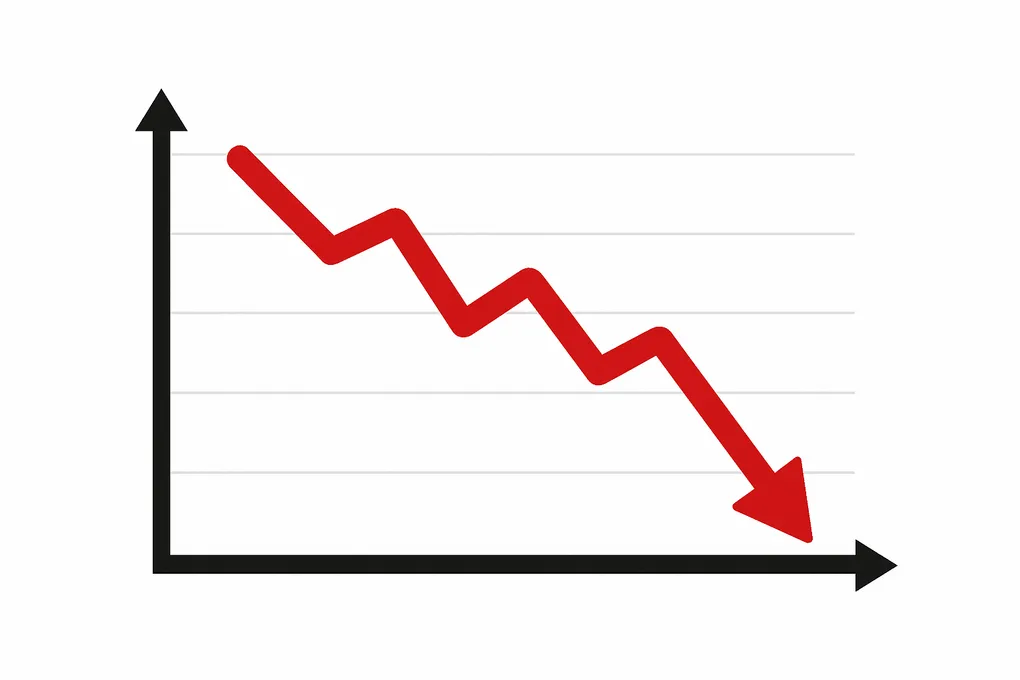
Why Setting a Parlay is a Statistical Nightmare
Sports betting used to be simple. You find a game to bet on, you pick a team to win, and you watch in angst and excitement to see if your team comes out on top. Harmless, right?
With data collection methods becoming more developed, a wide range of advanced stats are now able to be tracked in real time. As a result, the options that you can bet on are endless. For example, you can bet on who scores the first basket, what color Gatorade will be poured on the coach, and how many times Taylor Swift will be shown on the broadcast. With an ever-expanding number of things to bet on, people are more susceptible to gambling addictions, as the prospect of placing a bet is always an option.
The phenomenon of placing bets on anything and everything has led to the rise of the parlay. A parlay is essentially a multi-pronged or “legged” bet that encompasses several different, separate events. For example, you can bet on one player's points in a given game and bet on another player's assists. However, you only win the payout if you get everything correct. Otherwise, you make nothing and lose your money.
Parlays are extremely addicting. A parlay can be enticing due to its potential for a high payout and a customizable set of conditions. Essentially, bettors can choose exactly what they want to bet on, rather than be subjugated to a few options. Sounds like the dream for bettors, right? Wrong. Parlays, or multi-legged bets, are actually some of the biggest money makers for sportsbooks. Let’s look at why.
Bad odds compound quickly
For the sake of simplicity, let's assume that each individual event has a probability of 50%, or 0.5. While theoretically that’s not bad at all, let’s take a look at what happens when you compound multiple events together.
Two events: 0.5 x 0.5 = 0.25
Three events: 0.5 x 0.5 x 0.5 = 0.125
Four events: 0.5 x 0.5 x 0.5 x 0.5 = 0.0625
The probability of the average four-leg parlay occurring is 6.25%. That’s a significantly low chance, and this is often overestimated by sports bettors. You’d probably have a better chance playing the slot machines.
High payouts trigger impulse bets
A frequent sports bettor might counter my argument and say that the reason low odds are fine is because the payouts are so high. It’s important, however, not to get fooled by deceptively high payouts. The average payout for a 4-leg parlay is approximately 10x. Many people might string four bets together, see a 10x payout, and light up with excitement just thinking about how much money they can make. After all, all it takes is a small $10 to potentially receive $100 back. Seeing this is all it takes for some people to place a bet. I’ve seen people place multiple low-odds, high-payout bets at the same time, just hoping for one of them to hit.
You always lose in the long run
The most important thing that most people don’t realize is that you always lose in the long run. It’s commonly known that games in a physical casino are rigged against the player, and for that reason many people choose to avoid them altogether. Unfortunately, the same caution doesn't exist with online sports betting. Impulse takes over, and many do not even realize the unforgiving math that they are going up against.
Let’s take our example from earlier. We found out that the average 4-leg parlay has a 6.25% chance of winning, while paying out a 10x multiplier. Let’s assume you only place multiple $10 bets. Let’s see what happens.
Your expected value is equal to [probability of winning] × [how much you get when you win]. Therefore, your expected value for each bet is (0.0625) × (10) = 0.625, or $6.25. So there we have it. Each time you place $10 on a four-legged parlay, you only get back $6.25 on average - a brutal -%40 return on investment. After multiple bets, that number keeps going down, and that is how so many people end up spiraling into debt.
Parlays are designed to be flashy, customizable, and full of upside on the surface. But when you break down the math and look at how odds compound, the picture becomes much clearer. The house edge is real, and it only grows the more bets you string together.
Ready to Take Control?
Join thousands who are already on their path to financial freedom. Be the first to know when Fade launches.